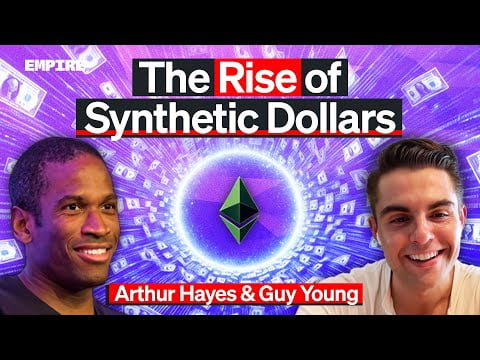Podcast Summary
This episode features a conversation with writer and podcaster, Coleman Hughes, who discusses his controversial TED Talk, “A Case for Color Blindness.” The hosts and Hughes delve into the reaction to his talk, the perceived suppression of his views by TED, and the broader issue of institutional capture. The conversation also touches on the lack of diversity in viewpoints at TED conferences, the importance of open discourse, and the need for new institutions that uphold these values. The hosts also discuss the potential of multimodal capabilities in AI and the future of human-computer interactions.
Key Takeaways
Reaction to Coleman Hughes’ TED Talk
- Controversial Reception: Hughes’ TED Talk, which advocated for colorblindness in personal lives and public policy, was met with controversy. While it was well-received by the majority of the audience, it led to a staff meltdown at TED, with some staff members perceiving it as racist.
- Suppression of Views: Hughes felt that TED under-promoted his talk and reneged on their agreement to release it. This led to a discussion about the potential suppression of controversial views by the platform.
Shift in TED Conferences
- Lack of Viewpoint Diversity: The hosts express concern about the lack of diversity in viewpoints at TED conferences, particularly regarding topics like Donald Trump’s presidency. They believe that TED has become one-sided and close-minded.
- Need for Open Discourse: The hosts advocate for open discourse and a variety of viewpoints at TED conferences. They criticize the narrow-mindedness of the topics and approaches at these events.
Future of Human-Computer Interactions
- Advancements in AI: The hosts discuss the technological advancements in OpenAI’s GPT and its multimodal capabilities, which include voice, code, data, and images. They believe that these innovations are groundbreaking and underhyped.
- Revolutionizing Mobile Phone Operating Systems: The hosts envision a future where llms (language models) become the dominant operating system on mobile hardware, rethinking how computing interfaces and human-computer interactions work.
External Memory and Note-Taking
- Reflect App: The hosts discuss a note-taking app called Reflect, which allows users to keep a log of meetings and link them to people and concepts, serving as an external memory.
- Desire for an External Hard Drive for the Brain: The hosts express the desire for a true external hard drive for the brain, where information is automatically recorded and indexed from platforms like Slack and Gmail.
Playful Banter and Jokes
- Obsession with the Roman Empire: The hosts jokingly reference their obsession with the Roman Empire and the movie “Gladiator.”
- Teasing about Having a Big Orgy: The hosts conclude the episode with playful banter and jokes, expressing their love for each other and teasing about having a big orgy.
Sentiment Analysis
- Bearish: The hosts and Hughes express a bearish sentiment towards TED, criticizing the lack of diversity in viewpoints at their conferences, the perceived suppression of Hughes’ views, and the narrow-mindedness of the topics and approaches at these events.
- Bullish: The hosts express a bullish sentiment towards the potential of multimodal capabilities in AI and the future of human-computer interactions. They believe that these innovations are groundbreaking and underhyped.
- Neutral: The hosts discuss a note-taking app called Reflect and express a desire for a true external hard drive for the brain. While they see the potential benefits of these technologies, they also acknowledge the challenges of manually entering information into the app.









